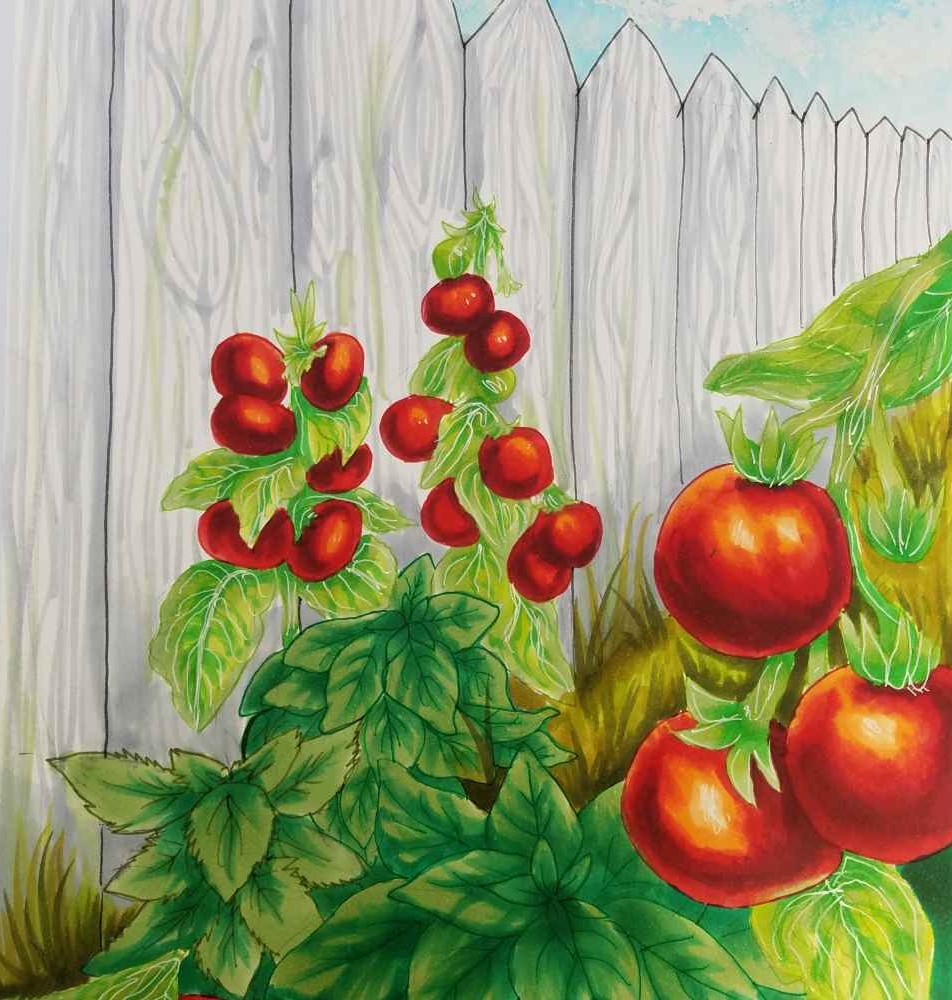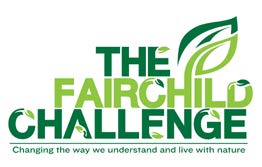The Fairchild Challenge
Fairchild Challenge Blog

Looking for the latest Fairchild Challenge program updates, from challenge announcements to student galleries and more? Find them here on our blog!
 The Fairchild Challenge is a free, multidisciplinary, standards-based environmental education outreach program designed to give high school, middle school and elementary school students an opportunity to creatively shine. By appealing to their innate sense of curiosity about the world around them, the Challenge invites students to investigate the thorniest environmental issues, devise imaginative and effective responses to these issues, and take action to address them.
The Fairchild Challenge is a free, multidisciplinary, standards-based environmental education outreach program designed to give high school, middle school and elementary school students an opportunity to creatively shine. By appealing to their innate sense of curiosity about the world around them, the Challenge invites students to investigate the thorniest environmental issues, devise imaginative and effective responses to these issues, and take action to address them.
The Fairchild Challenge was designed and initiated by Fairchild Tropical Botanic Garden in Coral Gables (Miami), Florida and adopted by Phipps as a satellite partner in 2008. The Fairchild Challenge offers a menu of interdisciplinary challenges for grades 6 – 8 and 9 – 12, along with a limited number of challenges for grades 2 – 5, attracting students of diverse interests, abilities, talents and backgrounds. The Challenge empowers young people to engage in civic life and encourages them to become energetic and knowledgeable members of their communities.
How to Participate
Registration Forms
A Fairchild Challenge team at your school, typically consisting of teachers in a variety of disciplines, submits one middle school or high school registration form. All faculty and administration should be notified that your school is registering. Click here to register for the 2025 – 2026 Fairchild Challenge.
Challenge Entry Form
Click here to download the Challenge Entry Form as a Word doc. A Challenge Entry Form should be submitted with each Fairchild Challenge entry.
Elementary School Challenge
Click here to view the elementary school challenge information
Middle School Challenge
Click here to view the middle school challenge information
High School Challenge
Click here to view the high school challenge information
Additional Resources
Program Policies
Additional details on challenge requirements, responsibilities, permissions and other topics may be found in the document below.
Tips for Success in the Phipps Fairchild Challenge
- Read the challenges and rubrics carefully. Be sure that your challenge follows all the requirements. Often schools will lose points for not addressing a question or forgetting to include student names.
- Give yourself (and your students) enough time. We recommend telling your students that the due date is earlier than the date that the challenge is due to Phipps. This gives you enough time to deliver or mail your school’s project to us!
- Ask questions! We love answering your questions. If you’re wondering what materials your students can use, looking for resources or just unsure of what something means in the challenge description, reach out to us! We want you to be as successful as possible in the Fairchild Challenge. There’s no such thing as a silly question.
- Get creative! Projects really shine when students use their imagination and are given room to creatively express their ideas.
- Have fun! While we love a good competition, our goal for the Fairchild Challenge is to give your students an opportunity to creatively explore solutions to environmental issues and grow their passion for the environment.
Contact Us
If you have any questions, you may wish to contact the Fairchild Challenge Coordinator at fairchildchallenge@phipps.conservatory.org or the High School Program Coordinator Alyssa Mulé at amule@phipps.conservatory.org.
The Fairchild Challenge Mission
The Fairchild Challenge fosters interest in the environment by encouraging students to appreciate the beauty and value of nature, develop critical-thinking skills, understand the need for biodiversity and conservation, tap community resources, become actively engaged citizens and recognize that individuals do indeed make a difference.
This program is made possible by the generous support of the Grable Foundation and the Pennsylvania Education Improvement Tax Credit Program.
Photo © Kristi Hoffman


